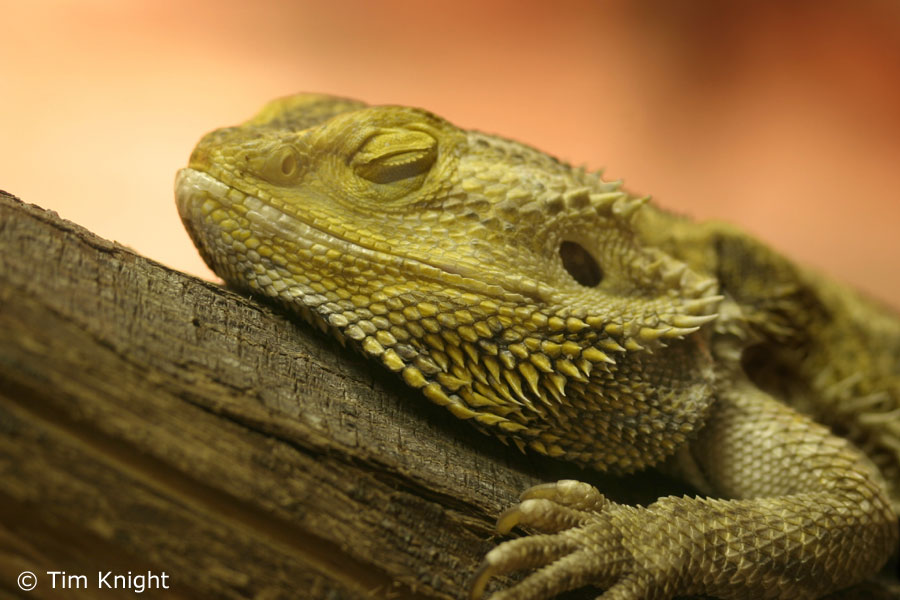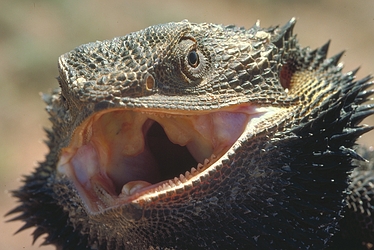Is Your Bearded Dragon Overweight? Tips to Help Your Pet Stay Healthy
Is Your Bearded Dragon Overweight?
Bearded dragons are one of the most popular reptile pets due to their friendly demeanor and unique appearance. However, they do require proper care and attention to remain healthy and happy. One of the common health issues that bearded dragons face is obesity or being overweight.
Why is Obesity a Concern for Bearded Dragons?
Just like in humans, obesity in bearded dragons can lead to a number of health problems. These issues can include:
- Heart problems
- Liver disease
- Joint pain
- Difficulty breathing
- Decreased lifespan
Additionally, overweight bearded dragons may experience a decreased quality of life. They may have trouble moving around or may become more aggressive due to discomfort.
How Can You Tell if Your Bearded Dragon is Overweight?

To keep your bearded dragon at a healthy weight, you need to first determine if they are overweight. A common method to assess your pet’s weight is to examine their belly. If it appears rounded or bulging, your dragon may be overweight. Additionally, you can perform a visual assessment to see if your bearded dragon’s bones are easily visible or not. If they are buried under fat, it’s time to take action.
What Causes Bearded Dragon Obesity?
Several factors can contribute to your bearded dragon becoming overweight. Overfeeding is the most common cause. It is important to understand that bearded dragons are not meant to eat every day, and their meals should be appropriately sized. Feeding your pet more than what’s necessary can lead to excessive fat accumulation.

It is also essential to provide the right type of food to your bearded dragon. The issue can arise when pet owners offer too much food that’s high in fat or sugar content. You should be mainly feeding your bearded dragon greens, vegetables, and insects.
Tips to Help Your Overweight Bearded Dragon
If your pet is already overweight, you should take some steps to help them lose the excess weight. The following tips can help:
1. Adjust Feeding Patterns
Feeding your bearded dragon smaller portions at longer intervals can help regulate their weight. Try providing fewer insects in one meal compared to what you used to, and give them insects only once or twice a week.
2. Change Their Diet
Adjust your pet’s diet to include more greens, vegetables, and low-fat insects. Greens such as collard greens, dandelion greens, and mustard greens are great options to keep your bearded dragon full without adding unnecessary calories.
3. Encourage Exercise

Encourage your bearded dragon to move around more. Adding basking branches or other kinds of furniture to their enclosure can encourage them to climb and explore. Also, remember to give your pet some space to walk around outside of their enclosure.
4. Keep Track of Your Pet’s Weight
Keeping a record of your pet’s weight is an effective way to track their progress. It will help you determine what’s working, and what isn’t. You can make necessary changes in their diet and exercise plans accordingly.
Conclusion
It’s essential to keep your bearded dragon healthy and happy, and maintaining a healthy weight is just one aspect of it. Follow the tips mentioned above to help your pet stay in shape and enjoy their life to the fullest. Lastly, if you find it challenging to manage your bearded dragon’s weight, consult a veterinarian for further assistance.
